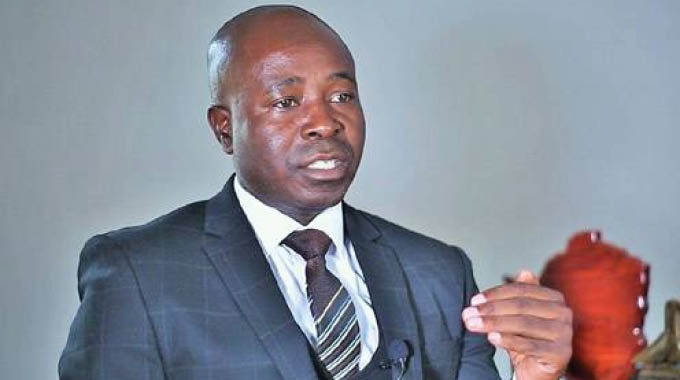
The Sunday News

Judith Phiri, Business Reporter
THE retail sector says it will work on price stabilisation this year, a move that will restore consumer confidence and preserve the integrity and purchasing power of the nation’s local currency.
During the festive season there was a wave of price increases of basic commodities, mostly groceries.
Several shops including major supermarkets increased prices of basic commodities such as mealie-meal, cooking oil, sugar, meat, rice, fish and potatoes.
This came after the Government had paid civil servants their bonuses in United States (US) dollars with businesses responding by increasing prices of basic commodities thereby reducing the Government workers’ purchasing power.
Foreign currency prices were also increased which meant that the price increases had nothing to do with the exchange rate.
However, for 2022, the Confederation of Zimbabwe Retailers (CZR) association president Mr Denford Mutashu said one of the key areas they will focus on is price stabilisation.
He said the rise in commodity prices was attributed to the firming of the US dollar against the local currency, noting that inflation and exchange rate stabilisation were some of the key issues that needed to be addressed this year.
“The retail and wholesale sector will focus on key areas such as price stabilisation. Remember in 2021 one of the major issues was price escalation and prices of course went up to levels beyond the reach of ordinary people in Zimbabwe.
“The current 70 percent stocking trajectory of locally manufactured goods has got to increase to at least 80 percent in line with increased manufacturing and industrial output.
“We also expect to see expansion and growth of the sector in terms of store ambiance and store upgrades as well as increase in the number of shops available per shopping centre especially in Rural District Councils (RDCs) and other rural areas,” said Mr Mutashu.
He said the exchange rate which became quite topical in 2021 was as a result of the parallel market exchange rate rising despite the introduction of the foreign currency auction system.
“The parallel market exchange rate continues to determine pricing across the market and even to date the pricing that you see across the economy in most business areas is actually determined by the parallel market exchange rate movements.
“It is quite evident that in 2021 there was a lot of speculative behaviour that has to be eradicated across the economy as this resulted in businesses trying to hedge against losses associated with the parallel market exchange rate,” said the CZR president.
Mr Mutashu said there was a need to work towards local currency stability, 2021 had seen confidence in the local currency declining compared to the US dollar.
He said predominantly there were US dollar purchases within the informal sector as opposed to the formal sector.
“We will work with the Government to ensure that more foreign currency sales and receipts are directed within the formal sector because it also increases revenue to the fiscus.
“Whereas, if we continue with the current trajectory where the informal sector continues to trade in forex, they will mop up all the foreign currency in the market thus not feeding into the formal sector,” he added.
Mr Mutashu said there was a need for manufacturers and suppliers to also remove some conditionalities around restocking where the majority have continued to demand payments of goods and services in US dollars and other hard currencies as opposed to the local currency.
He said the few manufacturers and suppliers who accepted local currency pegged their prices so high that at the end of the day one was forced to pay in forex.



